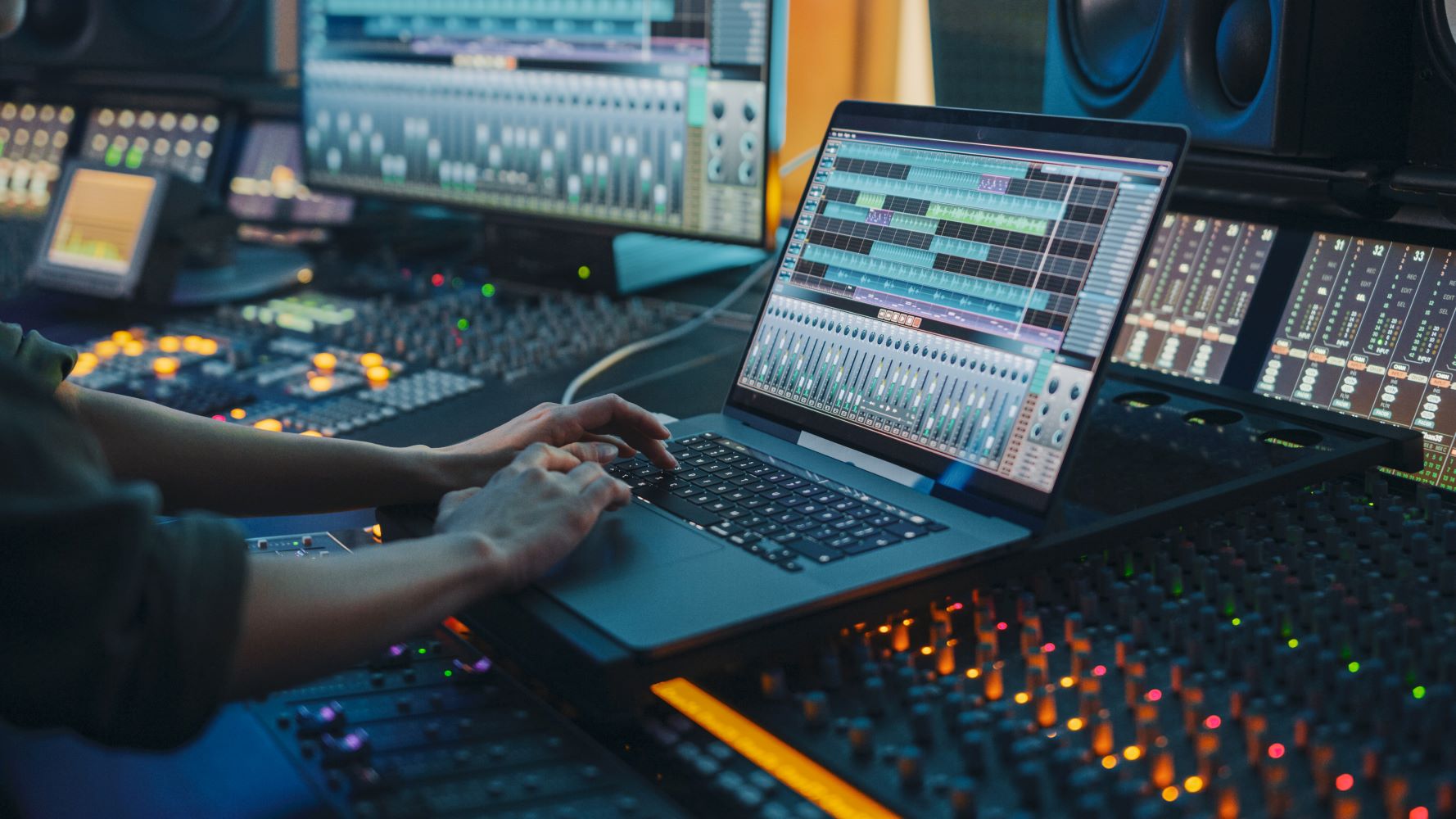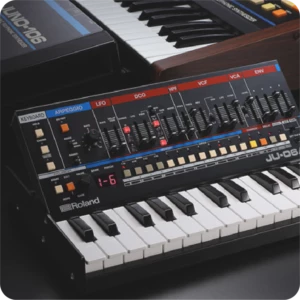Technology has advanced so much and become so affordable that now just about everyone can have their own audio recording setup. Sometimes this is a small microphone-and-preamp setup with an audio editing program, but many people have gone a step further and created their own home studios.
Home recording and production have helped bands and musicians gain a lot of attention by allowing them to independently produce instead of waiting for a record label to pick them up. But those recordings have to sound professional if you really want them to go far. If you’re into recording and mixing tracks, you’ll want to learn how to master them, too. It’s possible to study that on your own, but getting professional instruction is better.
What Is Mastering?
Mastering is the process in which you finalize a mixed track’s audio, making it sound smooth and clear. It can include steps like ensuring the background is clear of pops and other odd noises, balancing frequencies, applying fading effects, and so on. Tracks have to be formatted properly so that you can place them on different audio services, too.
Mastering is the final step in production before a track is copied and distributed or uploaded to an audio service. The track arrives fully mixed and just about ready to go; mastering gives it that final polish. If you’ve ever listened to a basic recording of a band playing and then compared it to a studio-produced track, you can hear how the studio track sounds fuller, smoother, and better proportioned in terms of how all the instruments and vocals go together. Mixing replaces the roughness somewhat as that’s the stage where effects can be added, but mastering is the stage where the entire piece is completed and given that “produced” sound.
What Happens if a Track Has No Mastering?
A mixed track that isn’t mastered (or that isn’t mastered properly) doesn’t necessarily sound bad. A great mixing engineer can do wonders. But the final track might not sound as clear as it could or as balanced as it could. There may be extra background noise that someone with a trained ear could pick up.
Do I Need A Mastering Course?
While you could study mastering techniques on your own, you could end up missing out on shortcuts and tips that take your mastering skills to a higher level and make the process easier. You may also need more time to become proficient in mastering as you don’t have the regular feedback you’d get with professional instruction. At Sikk Sounds, we offer a comprehensive mastering course that can take your skills up to industry standards. Whether you’re just getting started on your musical journey or you’re an experienced musician, your music will benefit from the mastering techniques we can share!
Sikk Sounds: Make Your Music Shine
At Sikk Sounds, we’re passionate about helping you achieve success through your music. With our vast library of royalty-free samples, we’re here to support artists on their journey to discovering and refining their unique sound. No matter your style or where you’re at in the process, we can help you through every step, from finding guitar chords samples to ghostwriting, or the final mixing and mastering processes. Get in touch with us today to learn more!






